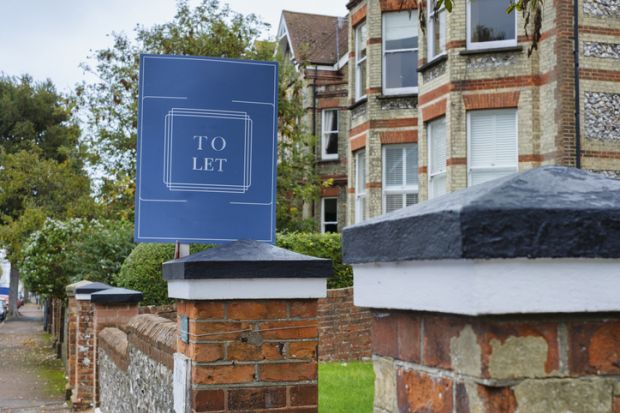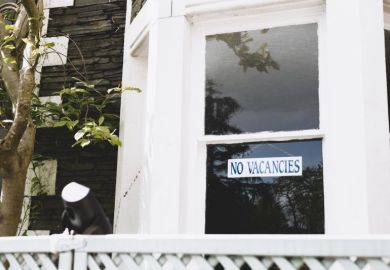An Irish charity for international students has welcomed a bill targeting “predatory landlords” seeking “sex for rent” arrangements, describing the sexual exploitation of students and other renters as a symptom of Ireland’s ongoing housing crisis.
Sinn Féin’s housing spokesperson, Eoin Ó Broin, introduced a bill earlier last week that, if enacted, would amend the existing Residential Tenancies Act to make it an offence for landlords to seek sex in exchange for rental housing or to advertise a “sex for rent” arrangement.
“Particular groups of women are particularly vulnerable to this appalling practice, including migrant women and students,” Mr Ó Broin said in a statement. “I will seek to progress this bill to second stage as soon as possible and look forward to full Dáil [parliamentary] support to ban this unacceptable exploitation.”
A study conducted by the Irish Council for International Students (Icos) found that 5 per cent of the students surveyed had either been offered rental accommodation in exchange for sex or had seen a room advertised under similar conditions.
“Those are some quite stark statistics. It’s something that’s prevalent,” Laura Harmon, executive director of Icos, told Times Higher Education. “People are trying to take advantage of the housing crisis in Ireland.”
Spiralling rents and a shortage of affordable homes have left thousands struggling to secure housing in Ireland. At present, more than 13,500 people are living in emergency accommodation – a new high, The Irish Times reported.
International students are particularly vulnerable to exploitation, Ms Harmon said, with many speaking English as a second language. Moreover, they may attempt to source accommodation before arriving in Ireland, with growing numbers turning to social media when rental agencies come up short.
“We’ve had students telling us that they’ve turned up to houses to view, and they’ve seen there’s only one bed there,” Ms Harmon said. “It’s been suggested that they would share a bed with the owner of the house.”
Predatory landlords often used “insidious” methods when advertising online, she added, using coded terms such as “must be open minded” or “must be willing to have fun” rather than explicitly asking for sex in exchange for rent.
To truly protect renters, Ms Harmon said, the government must address the housing crisis. Sinn Féin’s bill, however, was a welcome first step towards ending sex for rent exploitation, she said: “It’s something that needs to be clamped down on.”
Register to continue
Why register?
- Registration is free and only takes a moment
- Once registered, you can read 3 articles a month
- Sign up for our newsletter
Subscribe
Or subscribe for unlimited access to:
- Unlimited access to news, views, insights & reviews
- Digital editions
- Digital access to THE’s university and college rankings analysis
Already registered or a current subscriber?








